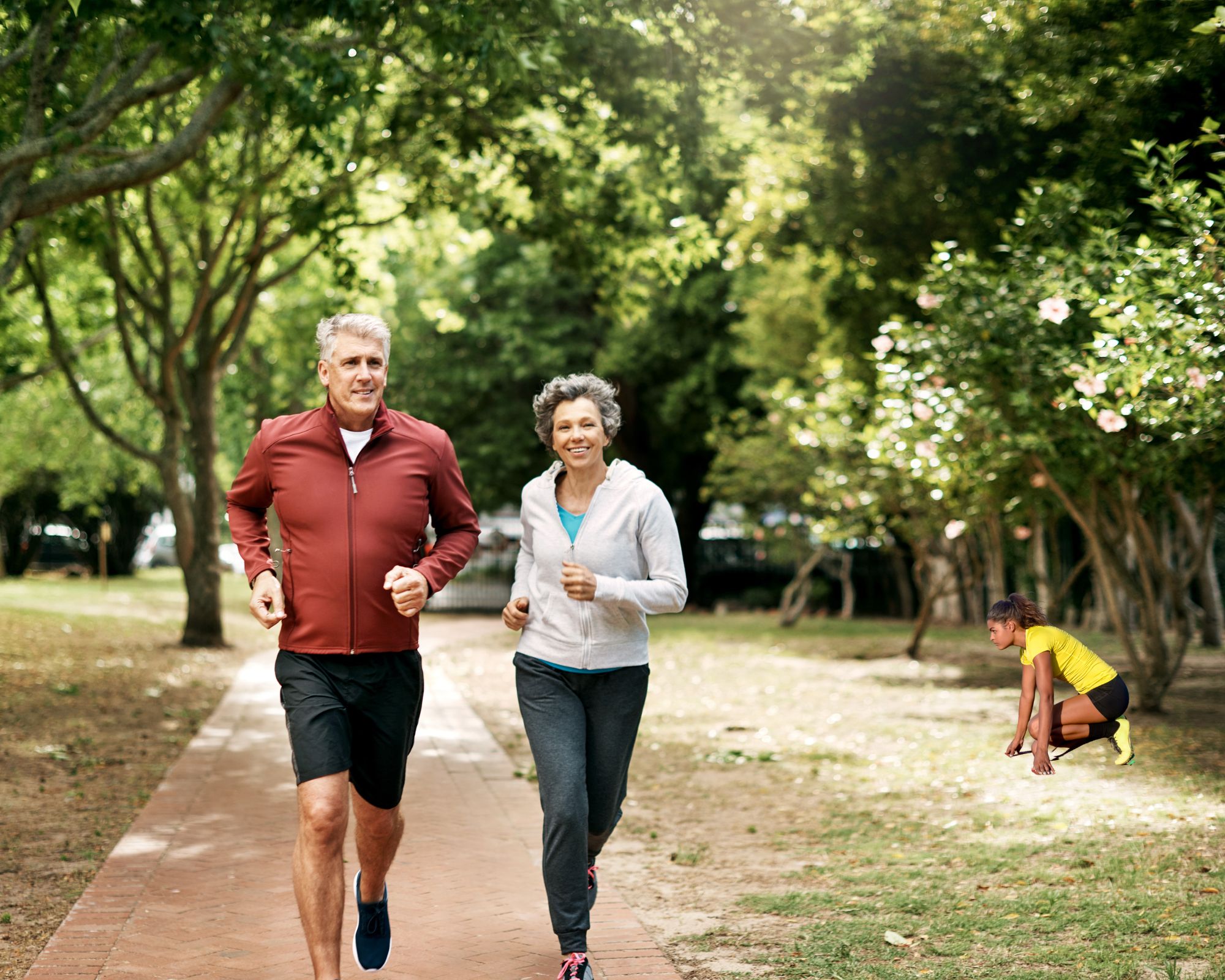Summary:
-
The Global Status Report on Physical Activity 2022 tracks how well governments are following suggestions to make physical activity better for people of all ages and abilities.
-
Data from 194 countries shows that overall, not much progress has been made and that countries need to speed up the process of making and implementing policies if they want to improve heart rates, help prevent illness, and make health facilities less busy.
-
By 2030, it will cost close to $300 billion to treat new cases of non-communicable diseases (NCDs) that could have been prevented. Recent years have seen an increase in the number of national plans to fight NCDs and inactivity, but it is said that 28% of these plans are neither funded nor carried out.
-
The WHO’s Global Action Plan on Physical Activity (GAPPA) 2018–2030 has 20 policy suggestions to help countries promote physical activity.
-
These include making it easier for people to be active in places like childcare, schools, primary care, and the workplace, as well as making roads safer so people can walk and bike more.
Inaction and lounging around will come at a high cost, according to the WHO, of about $27 billion more in medical expenses.
The Global Status Report on Physical Activity 2022 tracks how well governments are following suggestions to make physical activity better for people of all ages and abilities.
Data from 194 countries shows that overall, not much progress has been made and that countries need to speed up the process of making and implementing policies if they want to improve heart rates, help prevent illness, and make health facilities less busy.
- Less than 50% of nations have a national physical activity policy, and fewer than 40% of those policies are in effect.
- Only 30% of nations have age-appropriate national physical activity recommendations.
- While almost all nations report having a system in place to track adult exercise, only 75% of nations also track adolescent activity, and less than 30% track young children under the age of 5.
- Just over 40% of countries have road design requirements that increase the safety of bicycling and walking, according to data on global transport policies.
Time to go for a stroll: Tedros
According to Tedros Adhanom Ghebreyesus, director-general of the WHO, “We need more countries to step up implementation of policies to enable people to be more active through walking, cycling, sports, and other physical activity.”
There are enormous advantages for society, the environment, economies, and people’s physical and emotional well-being as well.
With the help of this study, we believe that nations and our partners can create more equitable, healthy, and active societies for everyone.
According to the WHO report, taking it easy costs a lot of money. By 2030, it will cost close to $300 billion to treat new cases of non-communicable diseases (NCDs) that could have been prevented.
Recent years have seen an increase in the number of national plans to fight NCDs and inactivity, but it is said that 28% of these plans are neither funded nor carried out.
According to WHO, there is much to be said for nations that launch national PR campaigns or mass participation events to promote the advantages of exercising more.
The COVID-19 epidemic has put a hold on these plans. It has also slowed down the implementation of other policies and made it harder to raise people’s heart rates in many places.
Exercise programme
The WHO’s Global Action Plan on Physical Activity (GAPPA) 2018–2030 has 20 policy suggestions to help countries promote physical activity.
These include making it easier for people to be active in places like childcare, schools, primary care, and the workplace, as well as making roads safer so people can walk and bike more.
The head of the WHO’s Physical Activity Unit, Fiona Bull, said, “We lack globally recognized indicators to measure access to parks, bike lanes, and footpaths, even though we know that statistics do exist in some countries.”
“Because of this, we can’t publish or keep track of the infrastructure around the world that will help people be more active.”
“It can be a vicious cycle; if there isn’t an indicator or data, there isn’t any accountability or tracking, which leads to a lack of investment and policy all too often.” We still have a ways to go before we can fully and effectively track national initiatives on physical activity, but what gets assessed gets done.
National Exercise
The report urges countries to give fitness a higher priority, include physical activity in all relevant laws, and develop training materials, tools, and guidelines.
WHO’s Director of Health Promotion, Dr. Ruediger Krech, said that encouraging more physical activity for everyone is good for both public health and the economy.
“We need to encourage exercise programs that are open to everyone and make sure they are easy to get to.”
This research makes it clear that all key stakeholders need to act faster and stronger to reach the global goal of a 15% drop in the number of people who aren’t physically active by 2030.
Analysis by: Advocacy Unified Network

